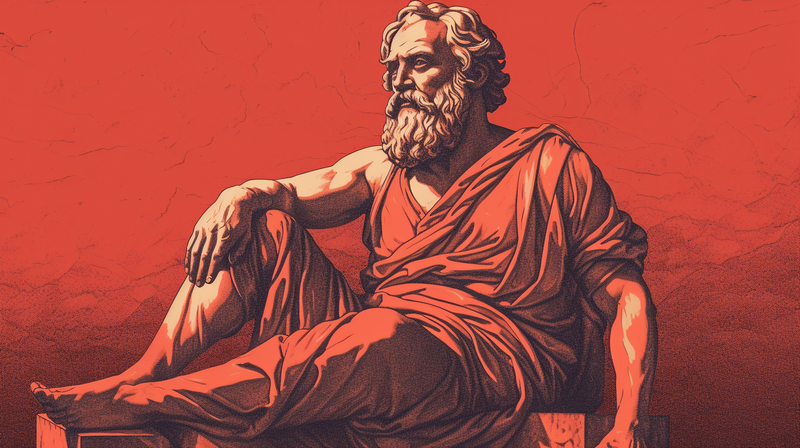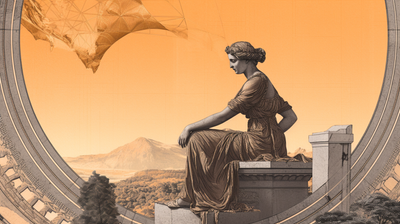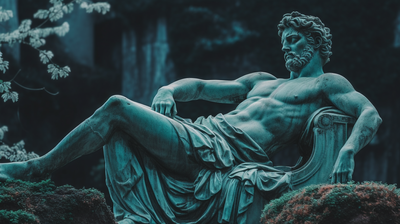The Legacy of Ancient Philosophy: How Classical Thinkers Shaped Modern Ideas
A pervasive veneration of ancient philosophy and its purported influence on modern ideas exists in intellectual pursuits. Classical thinkers are often regarded as the pinnacle of human wisdom, their teachings held as sacred texts from which we should derive our moral, political, and ethical frameworks. However, it is crucial to critically examine this reverence and question whether it is genuinely warranted. In this article, we embark on a fearless journey, challenging conventional wisdom and engaging with the legacy of ancient philosophy through the lens of Christopher Hitchens' incisiveness, intellectual rigor, and sharp wit.
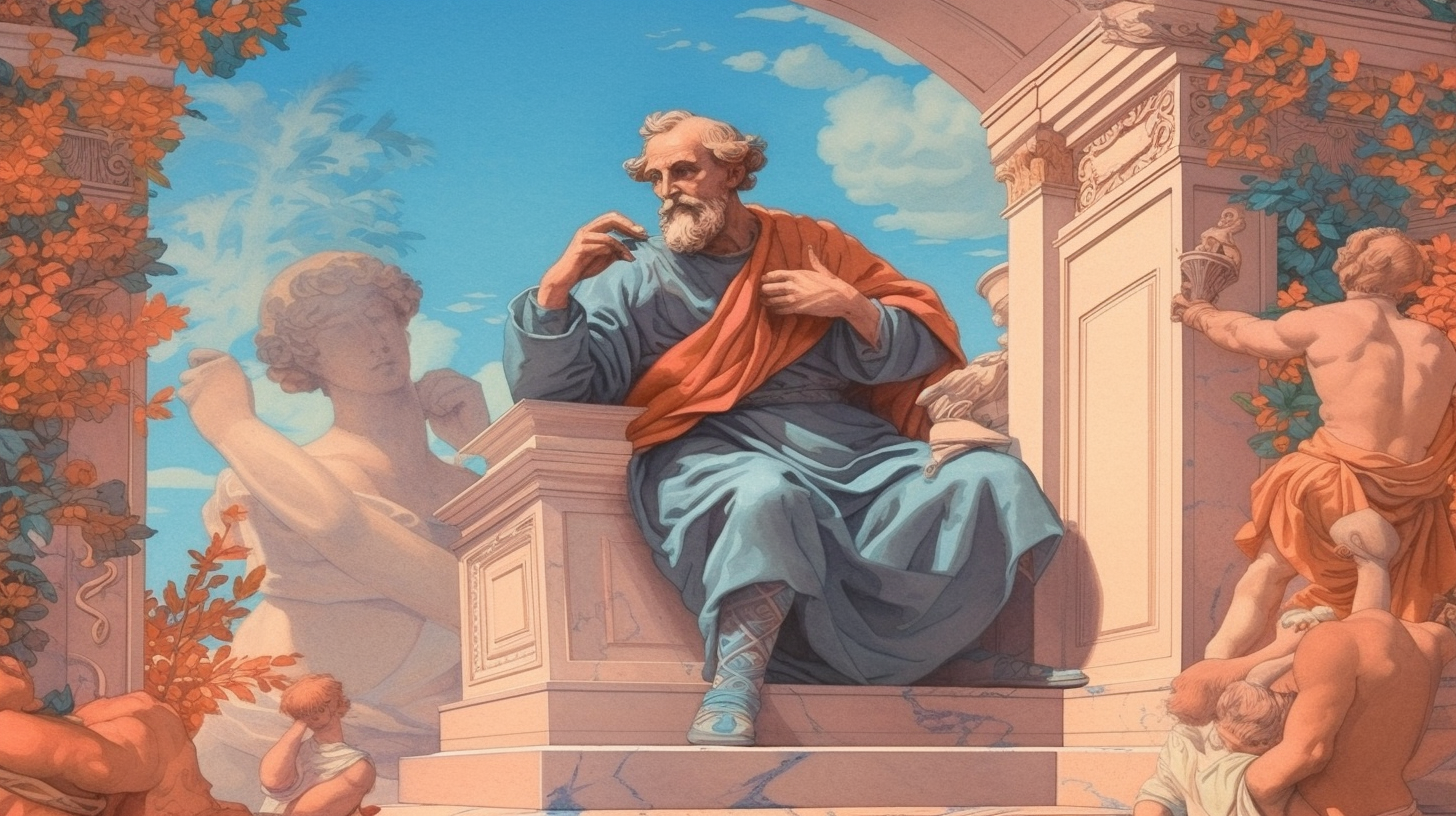
The Myth of Timeless Wisdom:
First, we must address the assumption that ancient philosophical ideas possess timeless wisdom. The truth is that many classical thinkers were products of their time, steeped in the socio-political context of their respective eras. While their ideas may have been revolutionary for their time, it is fallacious to presume that their wisdom automatically transcends centuries and applies seamlessly to our modern world.
Consider the works of Plato, an influential figure whose dialogues continue to shape philosophical discourse. However, one cannot ignore that Plato's idealized vision of the Republic would lead to an authoritarian state where philosopher-kings rule over the masses. While theoretically captivating, such a system has proven disastrous throughout history. Plato's noble intentions aside, his ideas must be evaluated critically rather than accepted unthinkingly.
Similarly, Aristotle, the revered father of logic, made significant contributions to numerous fields. However, his teachings were not infallible. For instance, his erroneous belief in the natural inferiority of women and the inherent slavery of certain peoples cannot be justified by any stretch of intellectual acrobatics. Therefore, it is essential to separate the valuable insights from the antiquated prejudices in these classical works.
Challenging the Pantheon of Philosophical Giants:
Now, let us focus on some of the most celebrated thinkers in the ancient world, such as Socrates, Epicurus, and Seneca. Socrates, the Socratic method's progenitor, is often lauded for his commitment to questioning and challenging assumptions. Yet, it is worth noting that his relentless interrogation sometimes led to circular reasoning without offering substantive solutions or progress. The Socratic method, while valuable as a tool of critical thinking, should not be revered as the ultimate intellectual weapon.
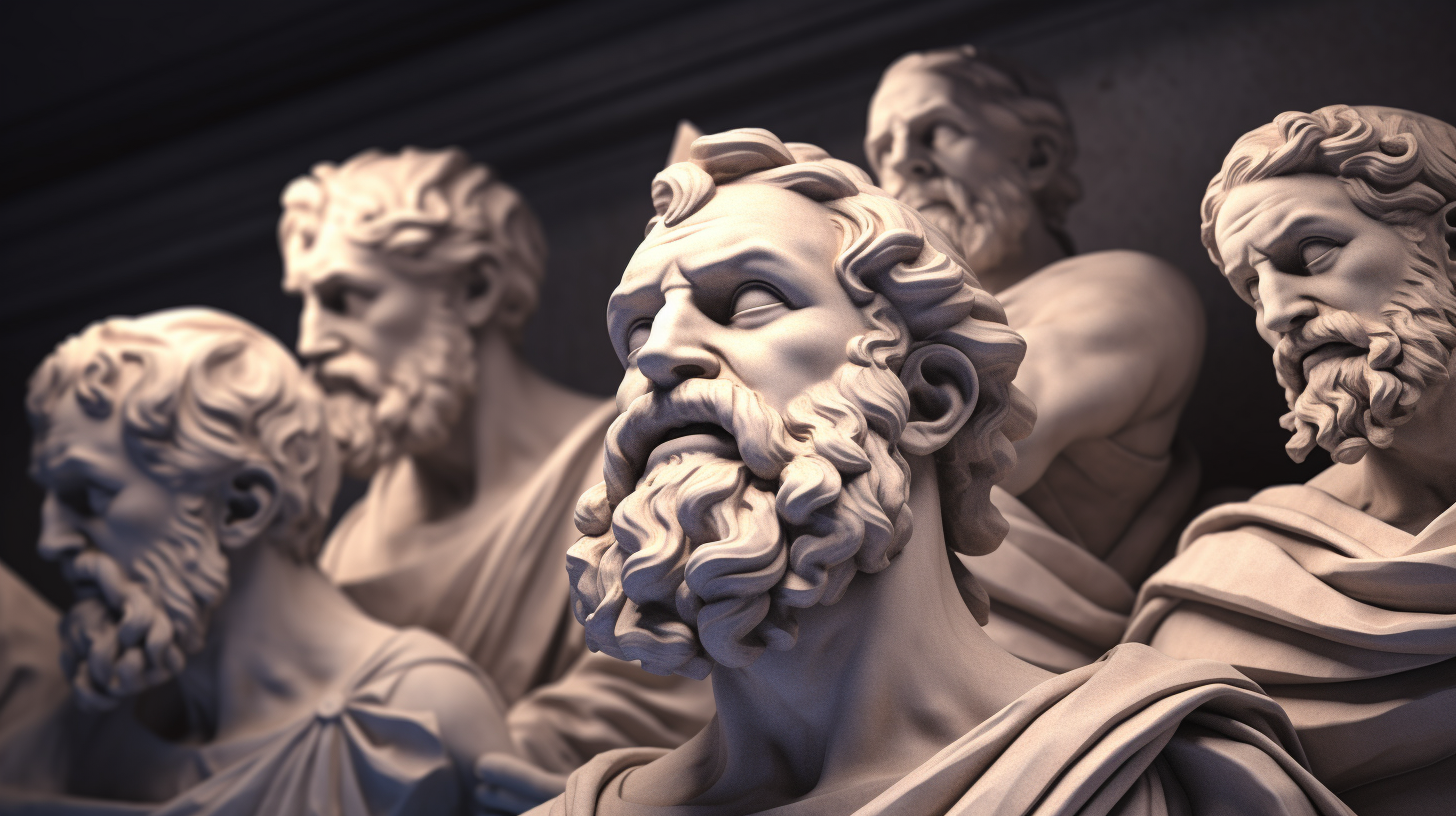
Epicurus, renowned for his philosophy of pleasure and avoidance of pain, preached a life of tranquillity and minimalism. While this may resonate with some, it is essential to acknowledge that a singular focus on hedonistic pleasure can disregard the broader tapestry of human experiences. Life's complexities demand a more nuanced approach than what Epicureanism offers, lest we risk oversimplifying the richness and diversity of our existence.
Seneca, the Stoic philosopher, advocated for emotional self-mastery and resilience. His writings on accepting fate and finding inner peace have captivated readers for centuries. However, Stoicism's emphasis on suppressing emotions can be detrimental to mental well-being and hinder genuine engagement with the complexities of life. Embracing and utilizing our emotions as sources of motivation and empathy may lead to a more fulfilling and empathetic human experience.
Ancient Philosophy in Modern Context:
As we explore ancient philosophy, it is crucial to contextualize these ideas within modern society. The world has transformed exponentially since the days of Socrates and Aristotle. Technological advancements, scientific discoveries, and evolving societal norms have reshaped the human experience. While ancient philosophy can offer valuable insights into fundamental questions, we must be cautious not to adhere to antiquated dogmas rigidly.
Furthermore, the ancient philosophers had limited access to information and scientific knowledge compared to today's wealth of knowledge. They lacked the scientific method, the empirical rigor propelling humanity forward, and the ethical considerations accompanying our complex global society. We should not disregard the invaluable contributions made by modern thinkers who have built upon the foundations of ancient philosophy, integrating new knowledge and addressing contemporary challenges.
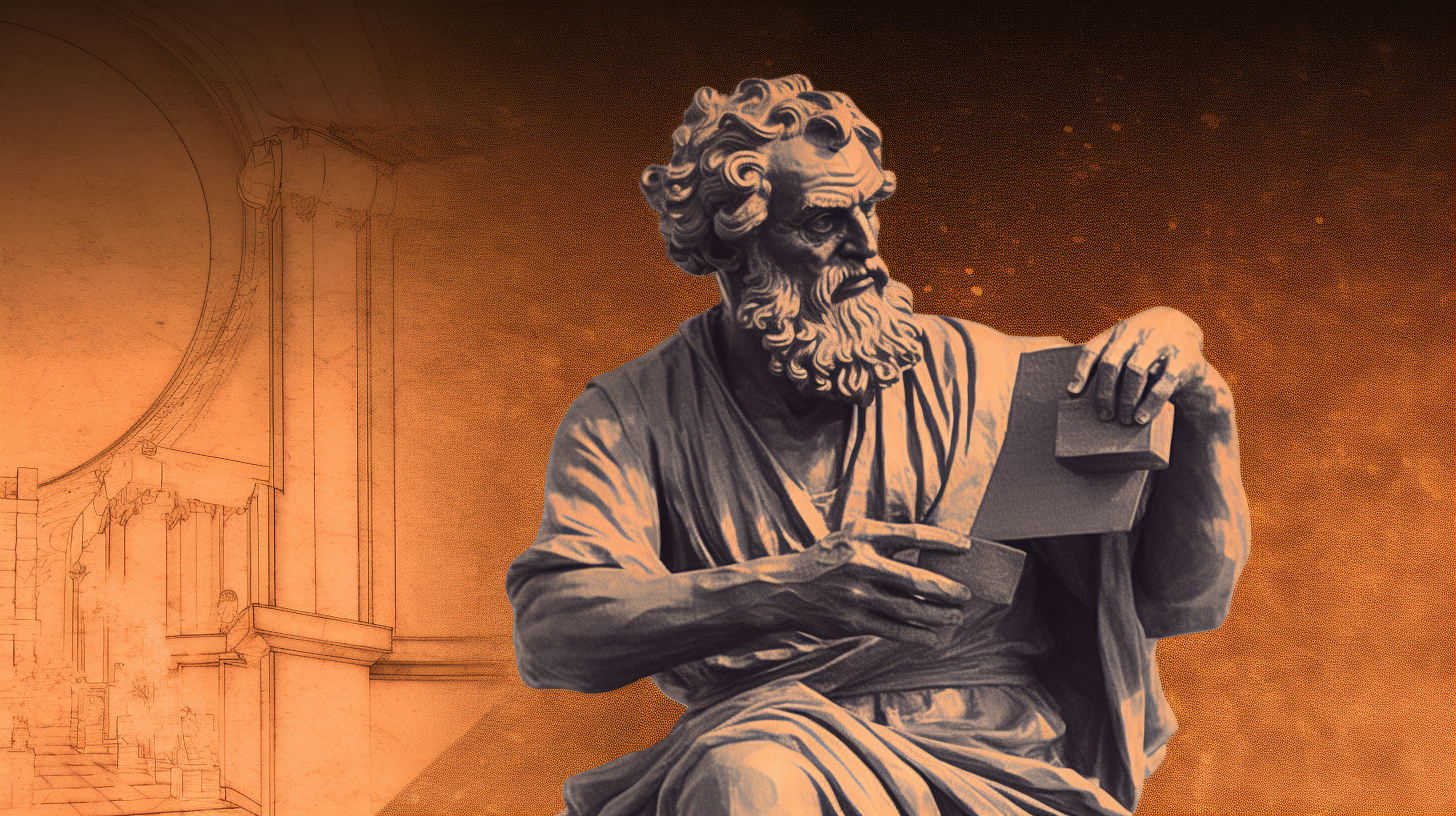
Conclusion:
In our fearless exploration of ancient philosophy's legacy, we have dismantled the notion of unquestionable wisdom and challenged the traditional reverence for classical thinkers. While their contributions cannot be dismissed outright, it is imperative to approach their works critically, understanding the limitations of their time and recognizing the need for adaptation and contextualization.
We must embrace a philosophy that is flexible, adaptable, and responsive to the complexities of our modern world. By engaging with ancient ideas while remaining open to new perspectives and evolving knowledge, we can forge a path that integrates the best of both past and present. Let us not be slaves to the idols of antiquity but rather emancipate ourselves through rigorous intellectual inquiry and a commitment to constant self-examination.

Plato Re-Imagined
This course offers 32 comprehensive lectures exploring most of Plato's dialogues. These lectures guide students toward a consilient understanding of the divine—a concept that harmonizes knowledge across disciplines and resonates with secular and religious leaders. As a bonus, Lecture #33 focuses on consilience, demonstrating how different fields of knowledge can converge to form a unified understanding.

